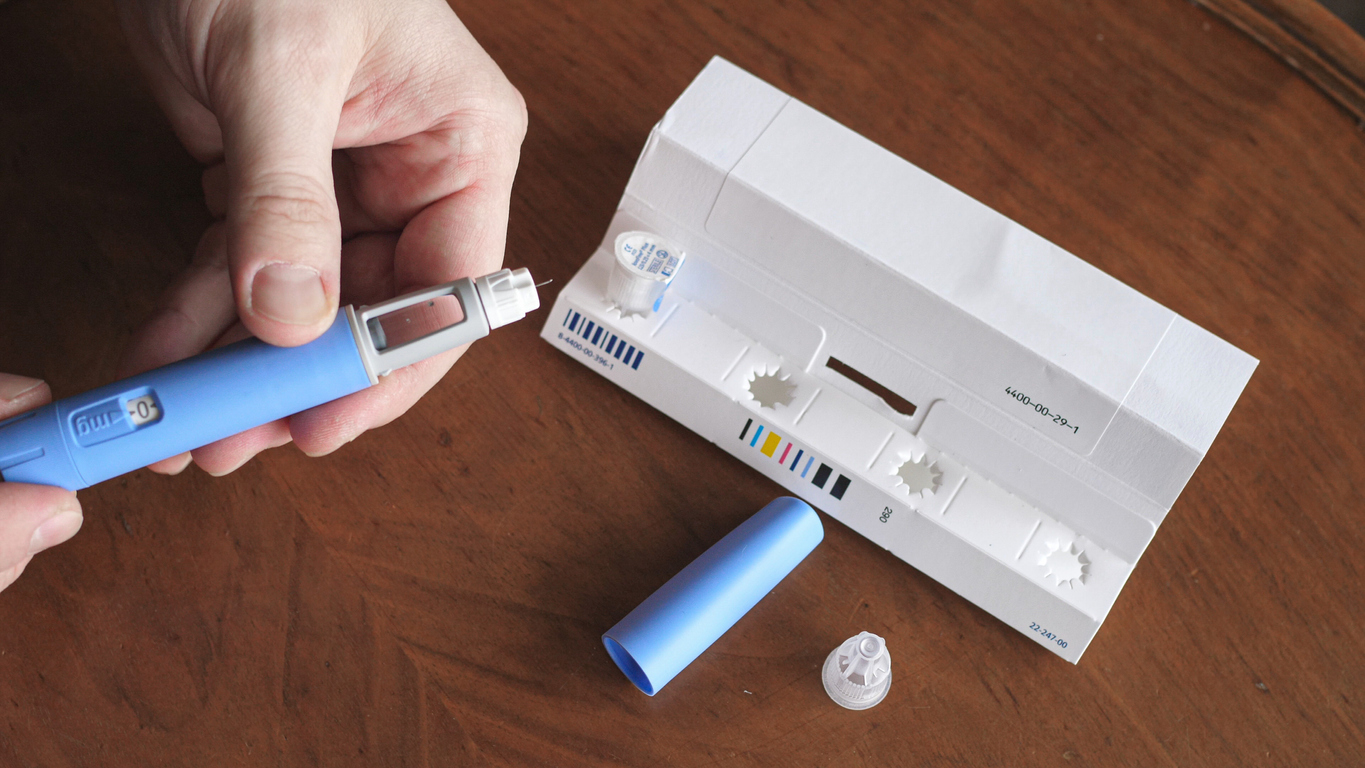At Forum Health Chicago, we start all patients out on the right foot with a solid, supported, and integrated nutritional plan. Obesity means having too much body fat. To meet this definition, one must weigh approximately 20 percent or more above one’s desirable body weight. Physical factors including age, height, and body size/frame help determine ideal body weight.
Nutritional Therapy for Obesity
Food intake is closely related to obesity, so nutritional therapy has a great deal to say about the how you eat. The treatment always involves eating differently, not just eating less. More than half of the calories eaten each day should come from complex carbohydrates (not sugar or simple carbohydrates), and less than a quarter should be derived from fats. The remainder of calories should come from healthy proteins.
Carbohydrates and proteins supply four calories per gram each, while fat provides nine calories per gram. Some of the foods that should be emphasized include:
- high-fiber and unrefined complex carbohydrates, such as vegetable and certain grains, because the body is less successful digesting these and feels full sooner than with refined carbohydrates, such as sugar and white flour
- raw or lightly cooked vegetables
- protein with low amounts of saturated fat, including dry peas and beans
To reduce the amount of fat in a diet, we recommend limiting foods from animal sources to nonfat dairy products and egg whites. We do not go so far, usually, to suggest avoiding all animal products. Limiting sugar intake is important, including alcohol.
Nutritional therapy’s treatment program for obesity also calls for drinking plenty of purified water each day, altering eating habits, and exercising daily. Getting 10,000 steps per day, monitored by FitBit is our recommendation to our clients. Certain nutritional supplements may also be prescribed such as zinc, B vitamins, and chromium.
A typical first step in devising a treatment program for obesity is keeping a food diary for at least one week. The following information can help a nutritional therapist assess the best treatment for you:
- What foods do you eat each day, including all snacks and portion sizes?
- When do you eat?
- Are you alone?
- What is your stress level while eating?
- When are your bowel movements?
Detoxification, Fasting, and Colon Therapy for Obesity
Detoxification therapy holds that certain toxins (from non-excreted food, chemicals and pesticides) can build up in the body, particularly in fat cells. These toxins need to be cleansed away as part of a dietary and exercise treatment program for obesity. In addition, various detoxification regimens can help prevent obesity from returning. Treatments may include juice fasting, colonic irrigations, and several other measures.
Several herbs, such as dandelion root, burdock, and wheatgrass, can be used in conjunction with a detoxification and fasting regimen to boost the function of the liver, which cleanses toxins from the body.
A juice fast for detoxification might consist of carrot and green vegetable juices diluted with an equal amount of water. Consume one quart daily, plus additional water if thirsty. Any fast should be supervised by a health care professional.
Intermittent Fasting
Without doubt, one of the best concepts to “hit the market” is intermittent fasting. Although known to the integrative medicine world, well, forever, this nutritional aid SUBSTANTIALLY promotes weight loss.
The idea here is that you choose 12 hours a day in which not to eat, throwing your body into a mild ketosis for a few hours every day. Ketosis is the medical term for “Fat-burning.”





